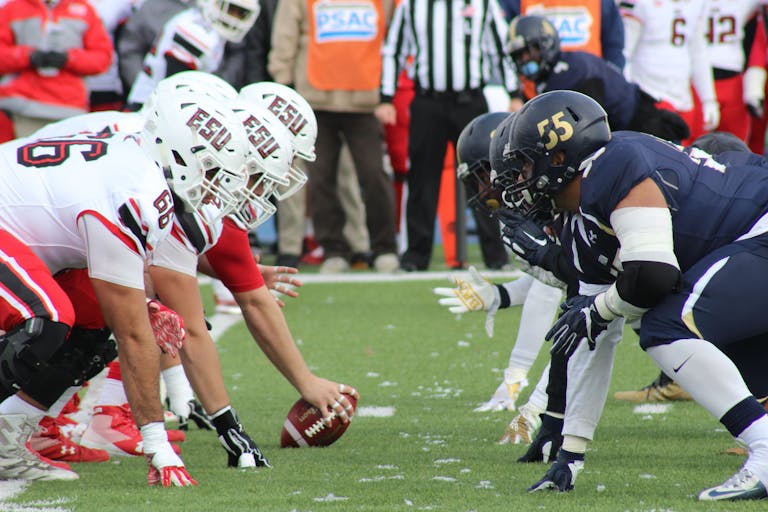Spotting the Traps: Outsmarting Financial Predators in the NIL Era

Spotting the Traps: Outsmarting Financial Predators in the NIL Era
For every new NIL success story, there’s a horror story of a young athlete (or family) who got hustled—by slick-talking agents, scammy “financial coaches,” or even peers. In my years helping athletes and families, I’ve seen it all: contracts that cost a fortune, fees hidden in fine print, and “mentors” who only wanted a cut. The NIL world is a game-changer—but you need real defense.
Here’s how to read the fine print, spot the warning signs, and protect yourself and your family in the wild world of athlete finances.
1. Know the Common Scams and Traps
a. Fake Agents and Advisors:
- Anyone who guarantees NIL deals, wants a big up-front fee, or won’t put things in writing is a red flag.
- Real agents are licensed, transparent, and work for YOU—not the other way around.
b. Predatory Loans and Advances:
- Some companies offer “instant cash” against future NIL or pro contracts—with sky-high interest and hidden fees.
- These deals often cost you more than you earn.
c. Shady Investment Schemes:
- Watch for “friends of friends” pushing crypto, day-trading, or real estate you don’t understand.
- If it sounds too good to be true, it is.
2. Read Every Contract—No Exceptions
- Don’t sign anything you don’t understand. Ever.
- Ask for the contract in advance, and review every page—even the “boring” legal stuff.
- Look for length of deal, exclusivity, commission rates, and cancellation terms.
- If the language is confusing, ask for plain-English explanations (and get it in writing).
Pro tip:
Use your school’s compliance office or a trusted advisor to review every deal.
3. Beware of “Free” Stuff With Strings Attached
- Sometimes NIL offers free gear, travel, or perks—but check the fine print for hidden requirements, endorsements, or payback clauses.
- Some “free” offers require public posts, appearances, or even rights to your image forever.
Action:
Always ask, “What am I required to do, and for how long? What do I lose if I back out?”
4. Protect Your Personal Information
- Never give out your Social Security number, banking info, or full address until you’ve verified the company and deal.
- Use a dedicated NIL email and a P.O. box if possible for business correspondence.
5. Watch for Hidden Fees and Costs
- Many contracts bury fees—management, marketing, production, or “administration”—in small print.
- Always ask for a full, itemized list of costs up front.
Action:
If someone dodges questions about money, walk away.
6. Don’t Let Anyone Rush You
- Predators use pressure: “This deal won’t last,” “If you don’t sign today, you lose out.”
- Legitimate deals respect your right to review, ask questions, and consult others.
Rule:
If you feel rushed, hit pause. A good deal today will still be good tomorrow.
7. Involve Parents and Trusted Advisors
- No one should “ban” your parents or trusted adults from reviewing deals.
- Make it family policy: no signature without a parent, school compliance, or attorney reviewing it first.
- Remember: real professionals don’t mind a second set of eyes.
8. Learn to Spot Bad Actors Online
- Scammers often slide into DMs or emails with offers that seem personal but are mass-blasted.
- Google every company and individual—look for reviews, complaints, or legal issues.
- If their only references are vague or unverifiable, steer clear.
9. Practice Saying No
- The best athletes learn to say “No, thank you” to deals that don’t fit their brand or aren’t clear.
- Never agree to something just because a coach, friend, or teammate already did.
10. Report and Share
- If you suspect a scam, report it to your school, the NCAA, or state authorities.
- Share your experience with other athletes and families—protecting each other is part of the game.
Final Thoughts
The NIL era offers real opportunity—but also real risk. Financial predators are counting on you to be naïve, rushed, or embarrassed to ask for help. Be the athlete who asks every question, reads every line, and protects their money like it’s a championship ring. The only “fast money” that lasts is the money you keep and grow.






